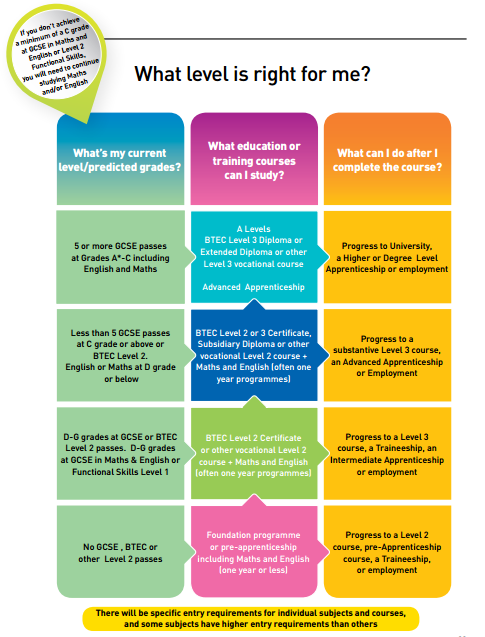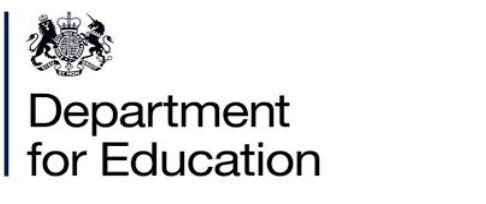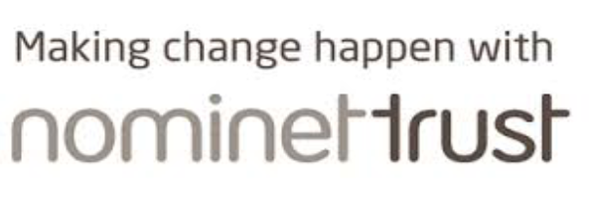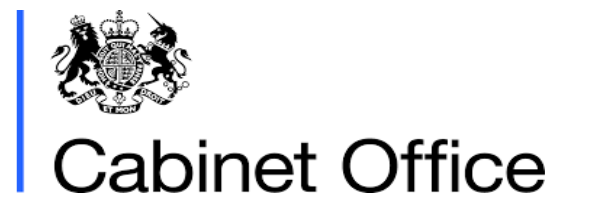On more than one occasion this year I have found myself with my head in my hands as I try to make sense of the qualifications that are available to young people in this country and which ones are appropriate (let alone available) for different students.
As a team of data specialists, ex-teachers and recent graduates, you would think that we would have a pretty good handle on the qualification landscape for post 16 options, particularly as our startup relies on it. Thankfully, we’re pretty blessed in that department, but as a returning educationalist after a few years out of the sector, I’ve been reacquainting myself with the world of qualifications and it really hasn’t been easy.
The challenge that I have set myself is to create a comprehensive understanding of what the options really are for a kid with particular prior attainment, and a particular learning style. It really shouldn’t be this hard. In an ideal world, I'd like to know what the likely outcomes of the different options would be - but this seems to be a stretch too far. Is a level 2 qualification enough to leave school with? What is a level 2 qualification anyway? How can a GCSE really be a level 2 qualification AND a level 1 depending on the grades that a student achieves? Why are there so many different names for Diplomas? In short, it’s a minefield.
The best answer that I could find, was a presentation of the information in a graphical form in the Newham Council 16-19 brochure on page 11 which looks like this:

And even with all those colours and explanations it’s still not totally straightforward. It relies on the reader to take into consideration the interests or ambitions of a particular student and to check out individual colleges and sixth forms to see what subjects are available at different levels - and whether that individual institution has regular prior attainment requirements.
This gives some indication of how hard it is for individual teachers to offer impartial, informed advice to young people when pinned down for some informal advice at the end of a long day teaching. It is no surprise that many teachers rely primarily on their own personal experience of the system and struggle to provide a truly impartial and broad view of the opportunities available. But with less and less curriculum time and a lack of specialist careers provision in many schools, the responsibility falls to teachers, parents and individual students when the time comes at the start of Year 11 to make those all important course and subject decisions - and applications.











